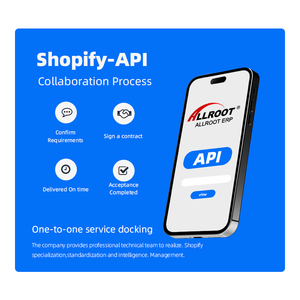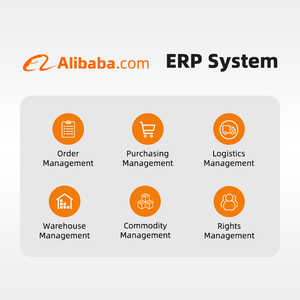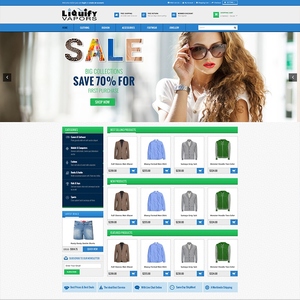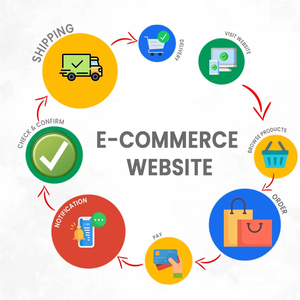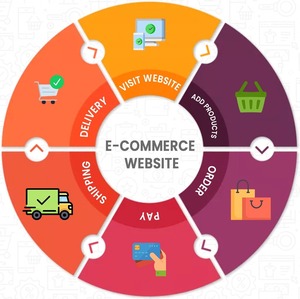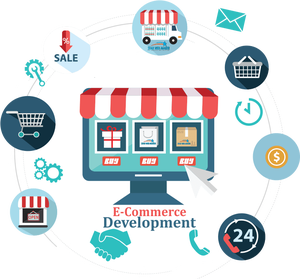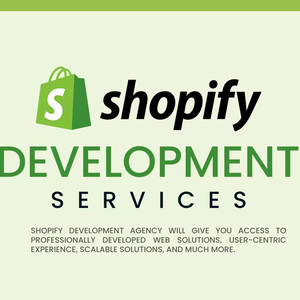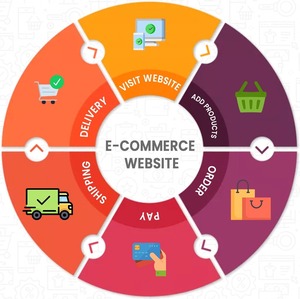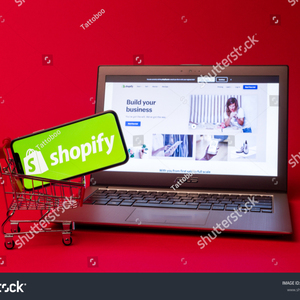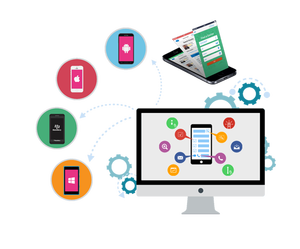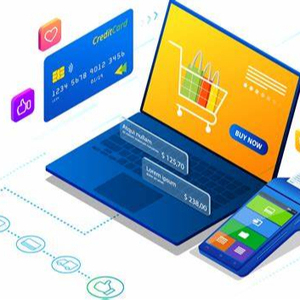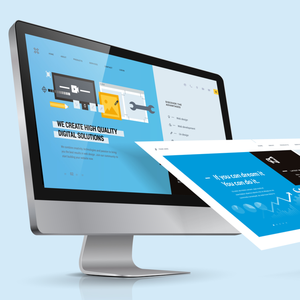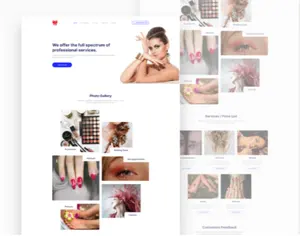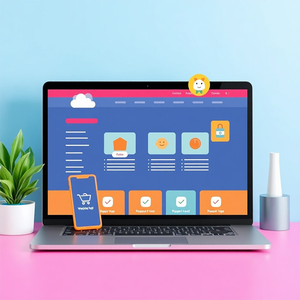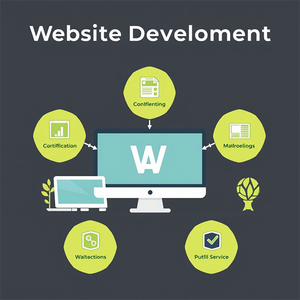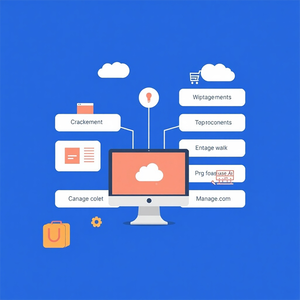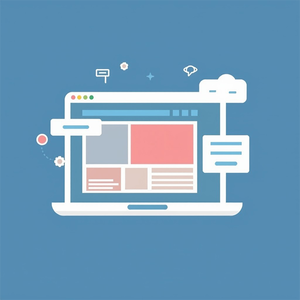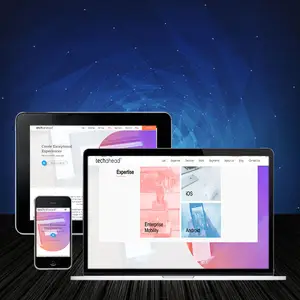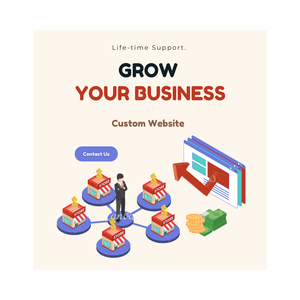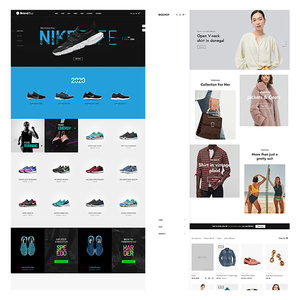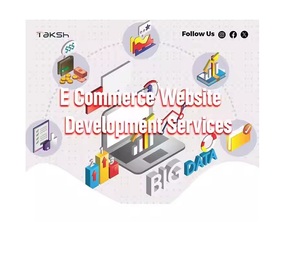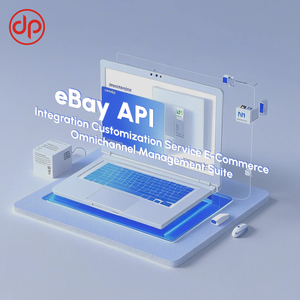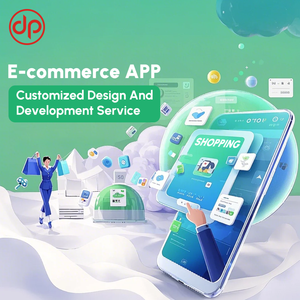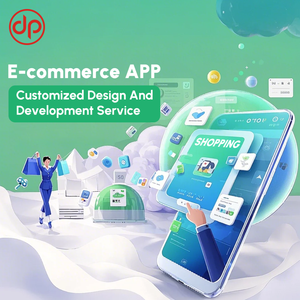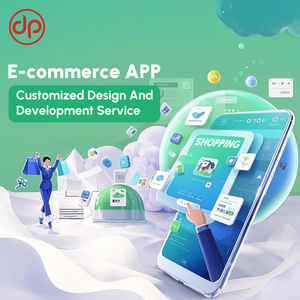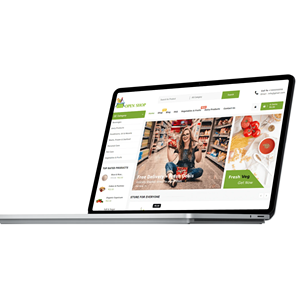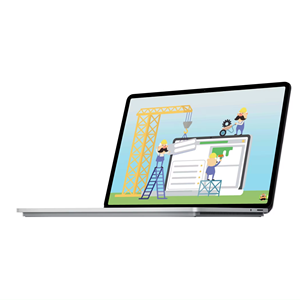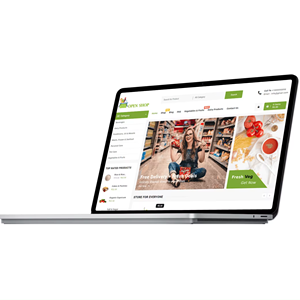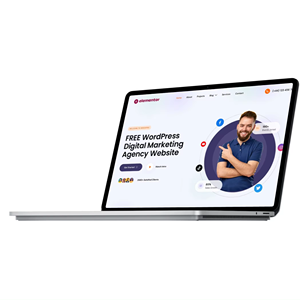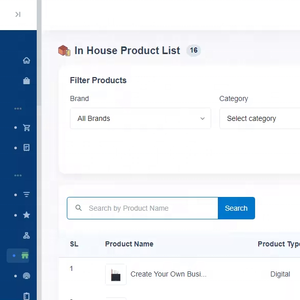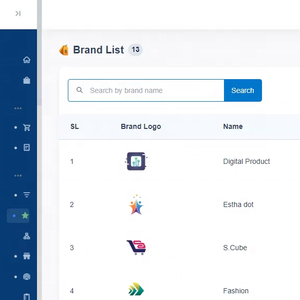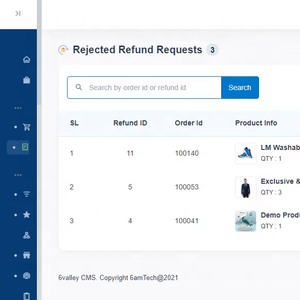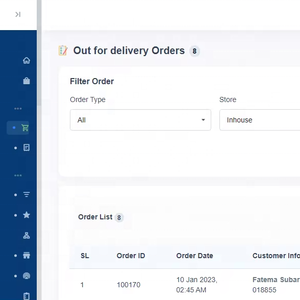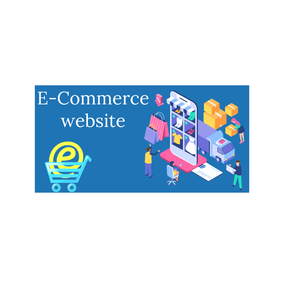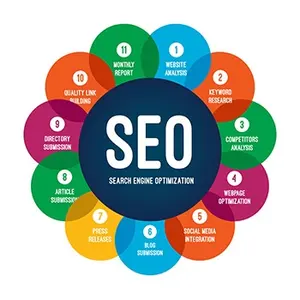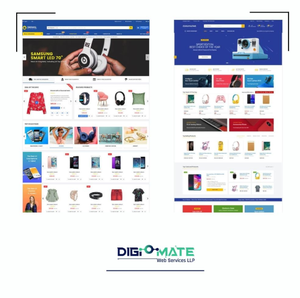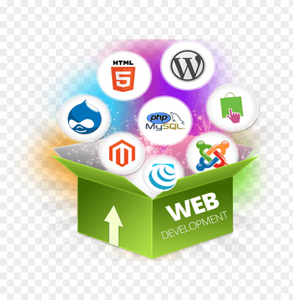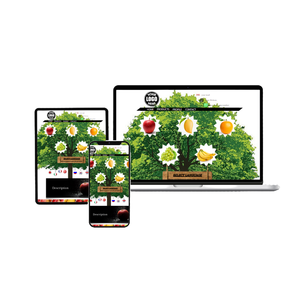E Commerce Examples



 1/4
1/4
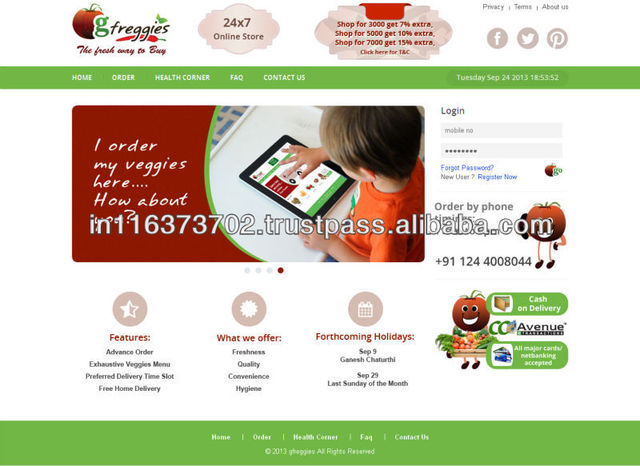

 1/3
1/3


 0
0

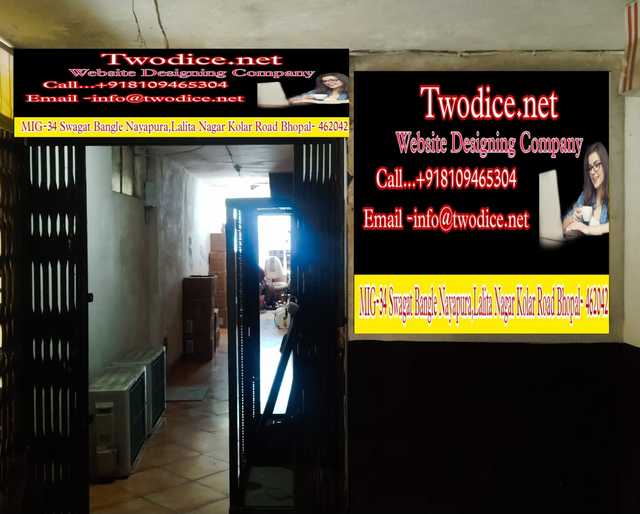

 1/2
1/2



 1/3
1/3
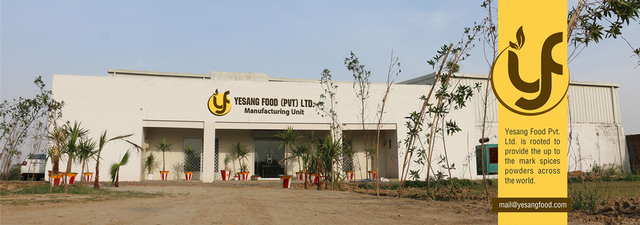

 1/2
1/2

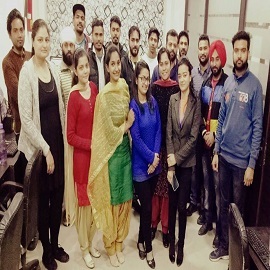

 1/3
1/3


 0
0


 0
0



 1/3
1/3

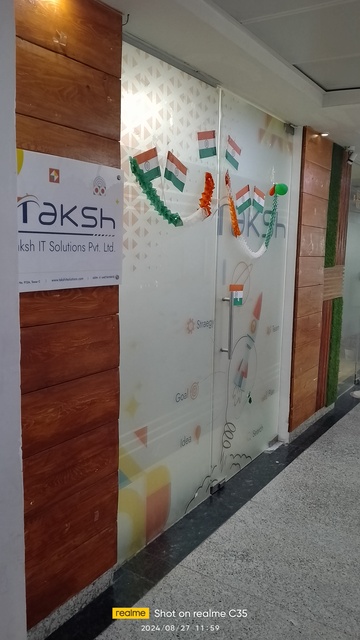

 1/3
1/3




 1/3
1/3

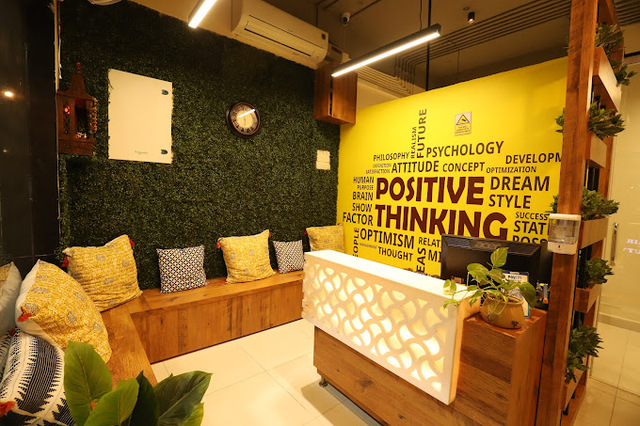

 1/3
1/3

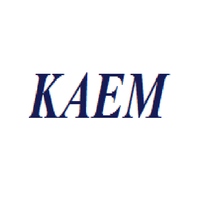

 1/3
1/3

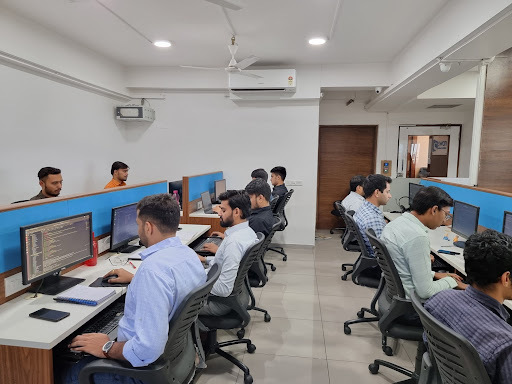

 1/3
1/3

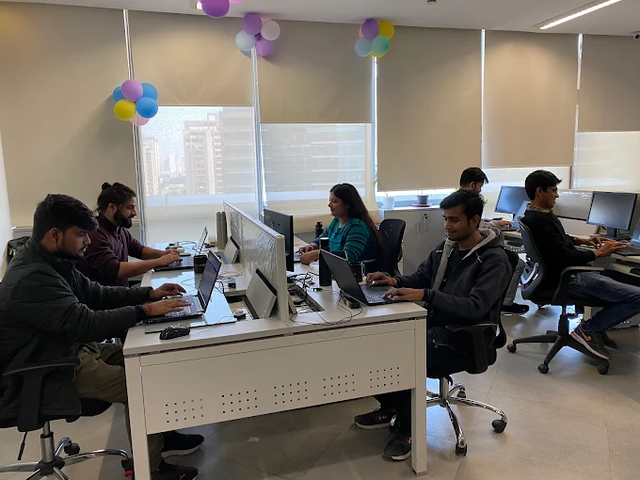

 1/3
1/3

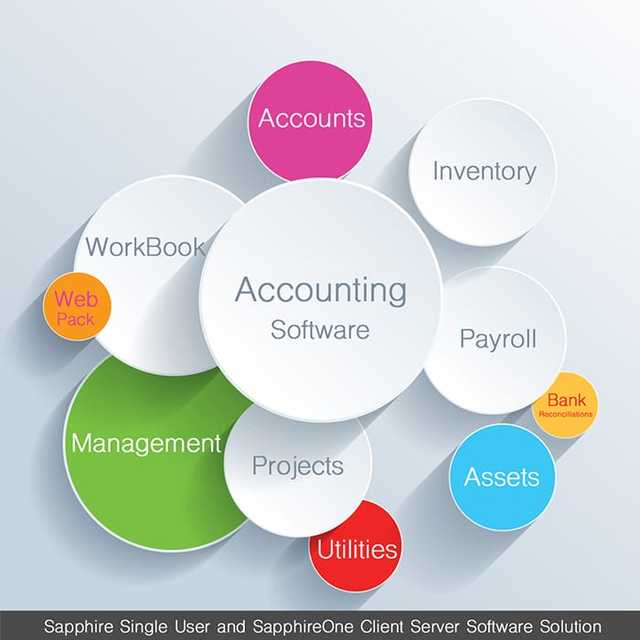

 1/3
1/3


 1/1
1/1





 1/23
1/23



 1/3
1/3
About e commerce examples
Where to Source E-Commerce Development Solutions?
The global e-commerce development services market is highly concentrated among specialized software providers in China and India, where mature digital infrastructure and skilled technical labor pools enable competitive pricing and rapid deployment. Chinese suppliers, particularly those based in Hangzhou and Shenzhen, leverage proximity to Alibaba’s ecosystem for seamless integration with B2B platforms, logistics APIs, and payment gateways. Indian firms, especially in Hyderabad and Pune, dominate mid-tier outsourcing with scalable teams experienced in open-source frameworks like Magento, Shopify, and WooCommerce.
These regional clusters offer operational efficiencies through dedicated R&D units, standardized development workflows, and multilingual support teams. Buyers benefit from agile delivery models—typical project timelines range from 15–45 days depending on customization depth—and cost structures that are 40–60% lower than Western agencies. The presence of vertically integrated service stacks—from UI/UX design to ERP integration—enables end-to-end solutions under single-vendor accountability, reducing coordination overhead.
How to Evaluate E-Commerce Development Suppliers?
Adopt the following verification criteria to ensure supplier reliability and technical competence:
Technical Proficiency & Customization Scope
Confirm expertise in core e-commerce platforms (Shopify, Magento, custom PHP/Python builds) and API integrations (payment gateways, shipping carriers like USPS, inventory systems). Suppliers should provide documented case studies or demo links for similar industry implementations. For advanced functionality—such as multi-vendor marketplaces or ERP synchronization—verify use of secure, scalable architectures (e.g., RESTful APIs, microservices).
Production Capacity & Responsiveness
Assess operational scale through key indicators:
- Minimum team size of 10 developers for sustained project throughput
- Dedicated QA and project management roles
- Response time ≤5 hours for initial inquiry resolution
Prioritize suppliers with verified on-time delivery rates above 90%, indicating reliable workflow management.
Transaction Security & Quality Assurance
Utilize escrow-based payment terms tied to milestone deliveries. Require source code documentation, post-launch support duration (minimum 30–90 days), and revision policies. Validate claims via third-party transaction protection programs where available. Conduct functional testing on staging environments before final approval, focusing on mobile responsiveness, checkout flow integrity, and load performance.
What Are the Leading E-Commerce Development Suppliers?
| Company Name | Location | Main Products (Listings) | On-Time Delivery | Avg. Response | Min. Order Value | MOQ | Customization | Online Revenue |
|---|---|---|---|---|---|---|---|---|
| HANGZHOU ALLROOT Software Co., Ltd. | Zhejiang, CN | Software (N/A) | 100% | ≤5h | $100 | 1 piece | Color logo, feature customization | Not disclosed |
| CRISTA TECHNOLOGIES LLP | Telangana, IN | Software (978) | 80% | ≤1h | $100 | 1 unit | Limited public data | US $900+ |
| Webcom Solution Infosystems Private Limited | Karnataka, IN | Software (2706) | Unverified | ≤4h | $2 | 1 unit | Design and functionality options | Not disclosed |
| TWODICE.NET | Beijing, CN | Software (140) | Unverified | ≤4h | $200 | 2 pieces | Template-based customization | Not disclosed |
| CORTEX WORK | Gujarat, IN | Software (716) | Unverified | ≤6h | $500 | 2 pieces | Ready-made and multi-vendor solutions | Not disclosed |
Performance Analysis
HANGZHOU ALLROOT stands out with a verified 100% on-time delivery rate and low entry pricing ($100 minimum), making it suitable for small businesses seeking reliable, customizable store setups. CRISTA TECHNOLOGIES offers the fastest average response time (≤1h) and higher platform specialization, though its 80% on-time delivery suggests potential fulfillment risks. Webcom Solution leads in listing volume (2,706 software offerings), indicating broad service diversity at highly competitive rates starting from $2, ideal for budget-conscious buyers. CORTEX WORK targets mid-to-enterprise clients with higher MOQs and price points ($500+), offering readymade multi-vendor platforms suited for marketplace deployments. TWODICE.NET focuses on niche verticals such as fashion and dropshipping stores, with moderate pricing and dual-unit order requirements.
FAQs
How to verify e-commerce development supplier credibility?
Review transaction history, customer feedback, and response metrics on sourcing platforms. Request portfolio samples, GitHub repositories, or live site references. Confirm technical capabilities through direct discussion of stack architecture, security protocols (SSL, PCI compliance), and scalability planning.
What is the typical lead time for e-commerce website delivery?
Standard websites take 15–30 days; customized or feature-rich platforms (e.g., multi-vendor, ERP-integrated) require 30–45 days. Expedited delivery (within 7–10 days) may be available for template-based designs at additional cost.
Do suppliers support post-launch maintenance?
Most suppliers offer 30–90 days of free bug fixes and minor updates. Extended support packages are typically available at hourly or monthly retainer rates. Clarify scope and response windows before contract finalization.
Can I request full ownership of the source code?
Yes, full source code transfer is standard upon final payment unless otherwise specified. Ensure licensing terms for third-party plugins or themes are included in deliverables to avoid future compliance issues.
What level of customization is possible?
Suppliers support UI/UX modifications, brand integration, multi-language/currency setups, and backend functionality enhancements. Advanced features like AI-driven recommendations or custom CRM integrations require detailed specifications and may affect timeline and cost.












